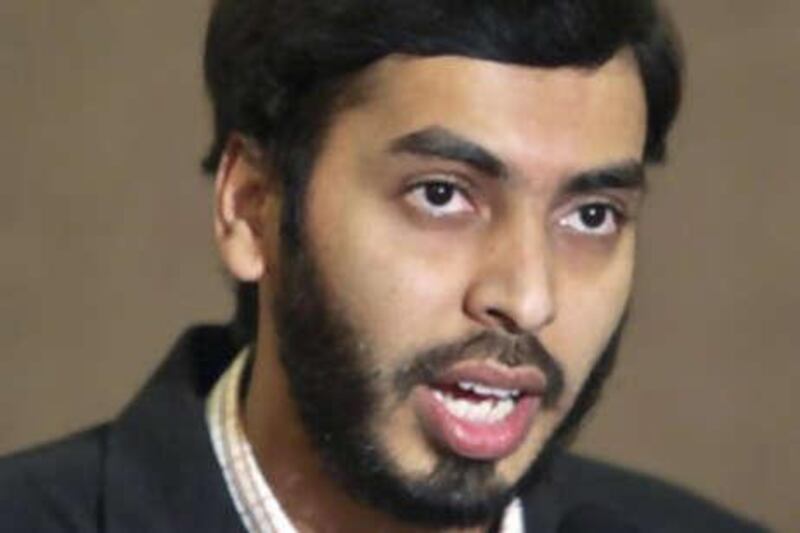An Indian doctor whose arrest and subsequent release may lead to a change in Australia's antiterrorism law said yesterday that for now he just wants to get on with his new life in the UAE. Dr Mohammed Haneef was arrested in Brisbane Airport in July 2007 for a suspected connection with attacks in London and Glasgow. His visa was also cancelled. A judicial inquiry by the retired judge John Clarke into the circumstances of Dr Haneef's arrest found no evidence of a link to the attacks.
The report was commissioned by Robert McClelland, the attorney general, who later said that changes would be made in Australia's antiterrorism law in light of Dr Haneef's case. The report, to be released in the next few days, found that he should not have been charged and has recommended wide-ranging changes to the Australian Federal Police, immigration intelligence and the nation's antiterrorism laws, according to The Australian.
The report found the Australian government innocent of any improper behaviour, conspiracy or political agenda in ordering the doctor's arrest and subsequent deportation, the newspaper said. Dr Haneef, who now works at a private health clinic in Umm Al Quwain, said he would "like an apology but that is all" from the Australian government, and was not seeking compensation. "I am very, very pleased that Mr Clarke has made the clear finding that I was totally innocent in the matters that were alleged against me.
"This is definitely the decision I wanted but at the same time I would like the Government, especially the ministers involved, to acknowledge the report and its findings." He said he now wanted to get on with his life with his wife and daughter. "I do not want anything further from them. It is now up to the Government to act on the findings and address the issues raised. I am not an expert but Mr Clarke has made some recommendations which I think would be good to act upon."





